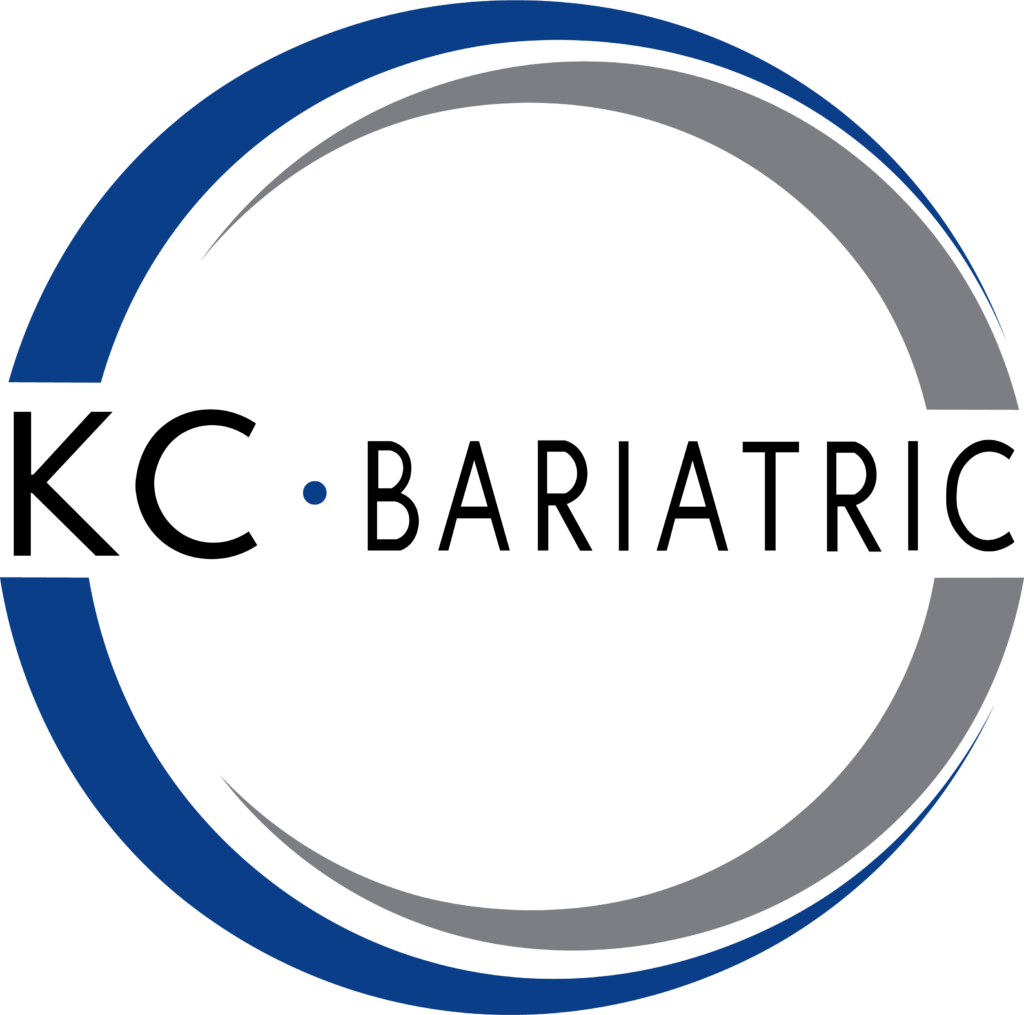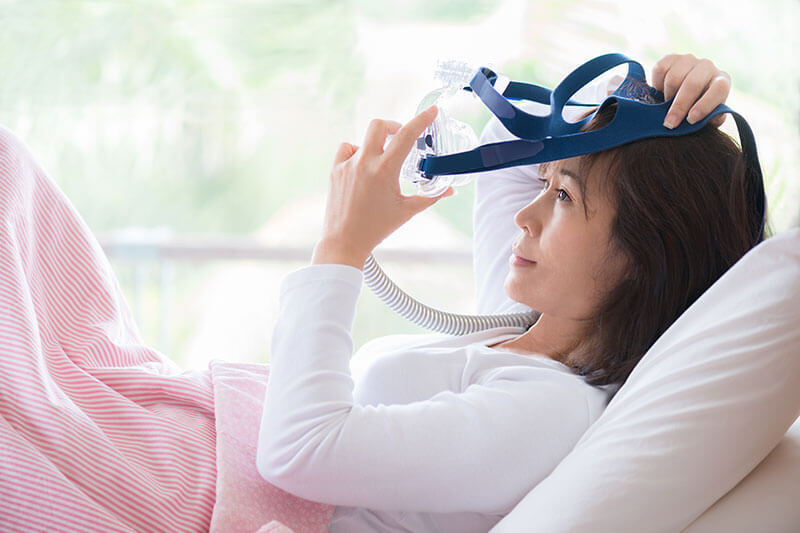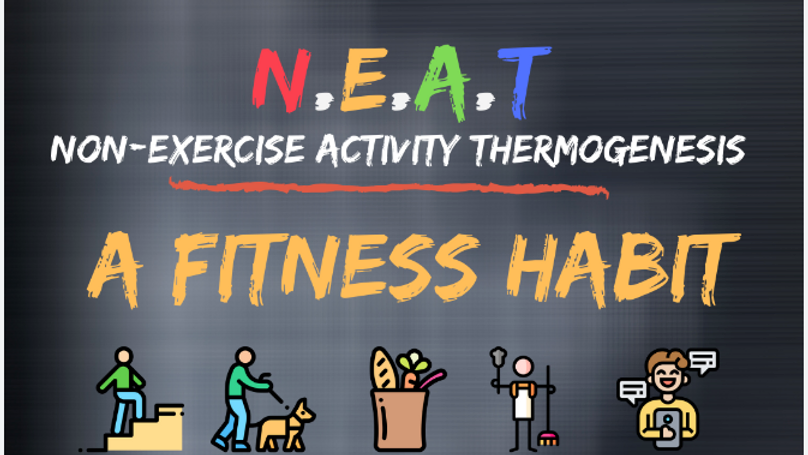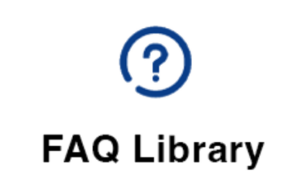Facilitated by: Dr. Eveloff, Sleep Medicine
Dr. Eveloff is a sleep medicine physician and works with patients who have obstructive sleep apnea (OSA). He said that most explanations of sleep apnea are incorrectly saying that a person stops breathing at night while asleep. It isn’t that you stop breathing, but that you have an episode where your airway closes down and narrows to the point where it decreases your oxygen flow. OSA can increase your risk of high blood pressure, diabetes, coronary artery disease putting you at a higher risk for a heart attack or stroke. It can also cause you to awaken a lot at night. Many people wake up to urinate a lot at night and think it is because their bladder is full, when in fact it is due to sleep apnea.
The main risk factor is excess weight or obesity. It is one of the co-morbidities that qualifies a person for bariatric surgery. Patients with OSA are at a higher risk for anesthesia, as OSA can lead to and increase complications following surgery. The more severe the sleep apnea, the more severe the complications. This is why it is so important for everyone to be screened for sleep apnea prior to surgery, and if they are at risk for OSA to get a home sleep study. If a sleep study shows the OSA is moderate or severe, they need to have CPAP, or continuous positive airway pressure. Without it, the patient will not be getting adequate oxygen during the night which can lead to daytime sleepiness and even weight gain as it can cause an increase in one of the hormones that makes you hungry.
There is a connection between the breathing center of the brain and the muscles of the pharynx or throat. Because our pharyngeal muscles are used for many things, they are collapsible. Obesity can increase the pressure on those muscles making them collapse more easily. Weight loss can help resolve the sleep apnea, but it is impossible to know if the sleep apnea has resolved without repeating a home sleep study.
Conditions that may worsen sleep apnea are nasal congestion, sedatives for sleep, and pain medication. If you have nasal congestion, that needs to be treated in addition to the sleep apnea. Some signs that may indicate you should be retested are if you stop snoring, you are no longer tired during the day, you no longer wake up at night, and you have lost 20% of your body weight. Retesting is the ONLY way to be sure you no longer have sleep apnea.
Dr. Eveloff answered a number of questions from the group:
- Are self-cleaners for machines important?
- If you wash it with soap and water weekly, or once a month with vinegar, you should be fine. You don’t need those cleaners.
- Does snoring always mean you have sleep apnea?
- No it doesn’t, but those with OSA usually do snore.
- My CPAP causes nasal congestion.
- If using the CPAP causes nasal congestion, you need to treat the nasal congestion first, and then the sleep apnea.
- No one mask is better than another for this, and it may be that the pressure in the machine is too high and needs to be adjusted.
- What is the difference between a home study and one done in a sleep lab?
- The home study is checking for 3 different variables and the one in a sleep lab is checking for 14. For most people, the home sleep study is just fine.
- There are conditions that require a more comprehensive test, but for our purposes, a home study works well.
- What is central sleep apnea or clear airway apnea?
- This is a completely different type of sleep apnea where the person literally stops breathing. This can be due to taking a lot of opioids.
- If you don’t wake up at night, does that mean you don’t have sleep apnea?
- No, you may not be aware of waking up, and still have it. The only way to know for sure is to be tested.









